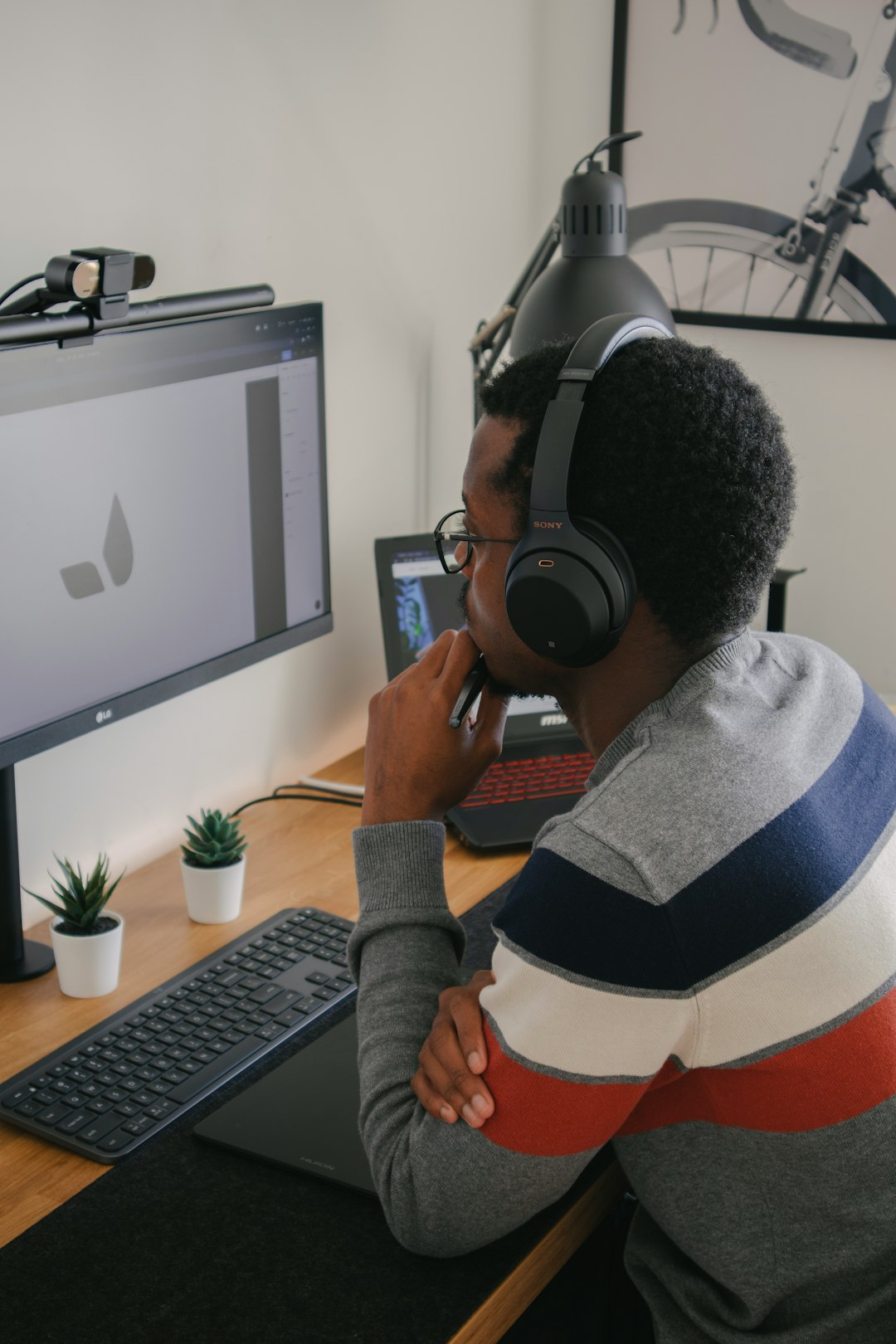If you’re a music enthusiast or a content creator, chances are you’ve used SoundCloud to discover new tracks or rare remixes. But what if you want to listen offline or use a track for a personal project? That’s where SoundCloud to MP3 converters come in. In today’s digital ecosystem, a variety of tools are available—some free, others paid. But which one is right for you?
Choosing between free and paid SoundCloud to MP3 tools might appear straightforward, but both come with their own sets of pros and cons. In this article, we’ll compare free vs paid converters by examining their features, legality, quality of downloads, and ease of use. By the end, you’ll be better equipped to make an informed choice based on your specific needs.
What Are SoundCloud to MP3 Tools?
These are online or desktop applications designed to convert and download SoundCloud tracks into MP3 format. Whether it’s a chill beats playlist or an indie podcast, these tools allow users to save content for offline use. The tools work either by copying the SoundCloud track URL into a converter or integrating with your audio software.
Overview of Free Tools
Free SoundCloud to MP3 converters are widely available and attractive because they don’t cost a penny. These tools are generally web-based, which means you don’t need to install any software. Examples include:
- Sclouddownloader.net
- KlickAud
- SoundCloud2MP3
They offer excellent convenience for users who need a quick download without any registration or subscription.
Pros of Free Tools
- Zero Cost: No need to pay, making it accessible to everyone.
- Web-Based Access: Use them on any device with an internet connection.
- Quick and Simple: Typically requires only a SoundCloud URL and a click.
Cons of Free Tools
- Ad-Heavy: Most free tools are littered with ads and popups.
- Limited Features: Few options for audio quality or batch downloading.
- Security Risks: Possibility of malware or phishing scams.
- Questionable Legality: Not all content is legally available for download.

Understanding Paid Tools
Paid converters come in the form of desktop applications or premium web platforms with monthly or one-time fees. Some reputable paid tools include:
- 4K Video Downloader
- Audials Music
- VideoProc Converter
These tools don’t just stop at conversion. They include extras like batch downloading, high-resolution audio, and speed control.
Pros of Paid Tools
- High Audio Quality: Ability to choose from multiple bitrates including 320kbps.
- Additional Features: Such as playlist download, metadata editing, and file format choices.
- No Ads: Enjoy a clean, distraction-free experience.
- Premium Support: Customer support for troubleshooting and updates.
Cons of Paid Tools
- Cost: Requires a subscription or one-time payment.
- Installation Needed: Some tools may require software downloads.
- Overkill for Casual Users: Not ideal if you only need a few occasional downloads.
Legal and Ethical Considerations
One of the most important factors to keep in mind when using a SoundCloud to MP3 tool is copyright. Just because a song is available on SoundCloud doesn’t mean it’s legal to download it. Here’s how the two compare on the legal front:
- Free Tools: Often disregard usage rights and allow any content to be downloaded. This might lead to a breach of SoundCloud’s terms of service.
- Paid Tools: Usually respect DRM controls and often come with disclaimers about legal usage. Some may even limit downloads to content that is legally permissible.
It’s always good practice to download only royalty-free music or tracks explicitly marked for reuse.
Sound Quality: Free vs Paid
When it comes to audio quality, paid tools almost always have the edge. Free tools typically download the standard version uploaded to SoundCloud, generally at 128kbps. In contrast, many paid tools allow you to download up to 320kbps, which is a noticeable improvement in sound fidelity for audiophiles.

If you plan to use the download for editing, background music in a video, or for serious listening, the upgraded quality from paid tools might be worth the investment.
User Experience and Interface
No one wants to spend 10 minutes figuring out how to use a converter. Usability can make or break your experience.
Free Tools
- Minimal interfaces but often cluttered with ads and clickbait buttons.
- No tech support, meaning you’re on your own if something goes wrong.
- No regular updates or bug fixes.
Paid Tools
- Polished and intuitive user interfaces.
- Built-in tutorials or help buttons.
- Regular updates ensuring compatibility with SoundCloud changes.
Who Should Use Free Tools?
Free tools are best suited for users who:
- Occasionally want to download a song for personal use.
- Don’t mind ads or basic audio quality.
- Are unlikely to use the track commercially.
Think of them as a quick fix rather than a long-term solution.
Who Should Opt for Paid Tools?
On the other hand, paid tools are more aligned with the following user profiles:
- Content creators looking for higher-quality audio for their projects.
- Musicians and DJs who want to build libraries of tracks with editable metadata.
- Educators or professionals using music in presentations or educational content.
If your needs go beyond an occasional download, investing in a paid tool could save you time and improve your productivity.
Free vs Paid: A Side-by-Side Comparison
| Feature | Free Tools | Paid Tools |
|---|---|---|
| Cost | Free | $10-$40 |
| Audio Quality | 128kbps | Up to 320kbps |
| Interface | Basic, ad-heavy | Professional, user-friendly |
| Features | Single-track downloads | Batch download, metadata edit |
| Customer Support | None | Yes |
| Security | Low, high adware risk | High, encrypted and safe |
Final Verdict: Which Should You Use?
Ultimately, the choice depends on your goals. If you’re someone who just wants the occasional track for personal use, a free tool will suffice. Just be cautious of ads and security risks. However, if you’re working on professional projects, need better sound quality, and value features like batch downloading or metadata editing, then paid tools offer better value and performance in the long run.
Regardless of which you choose, always aim to respect copyright laws and support artists by streaming their work through legitimate platforms whenever possible. After all, great music deserves
